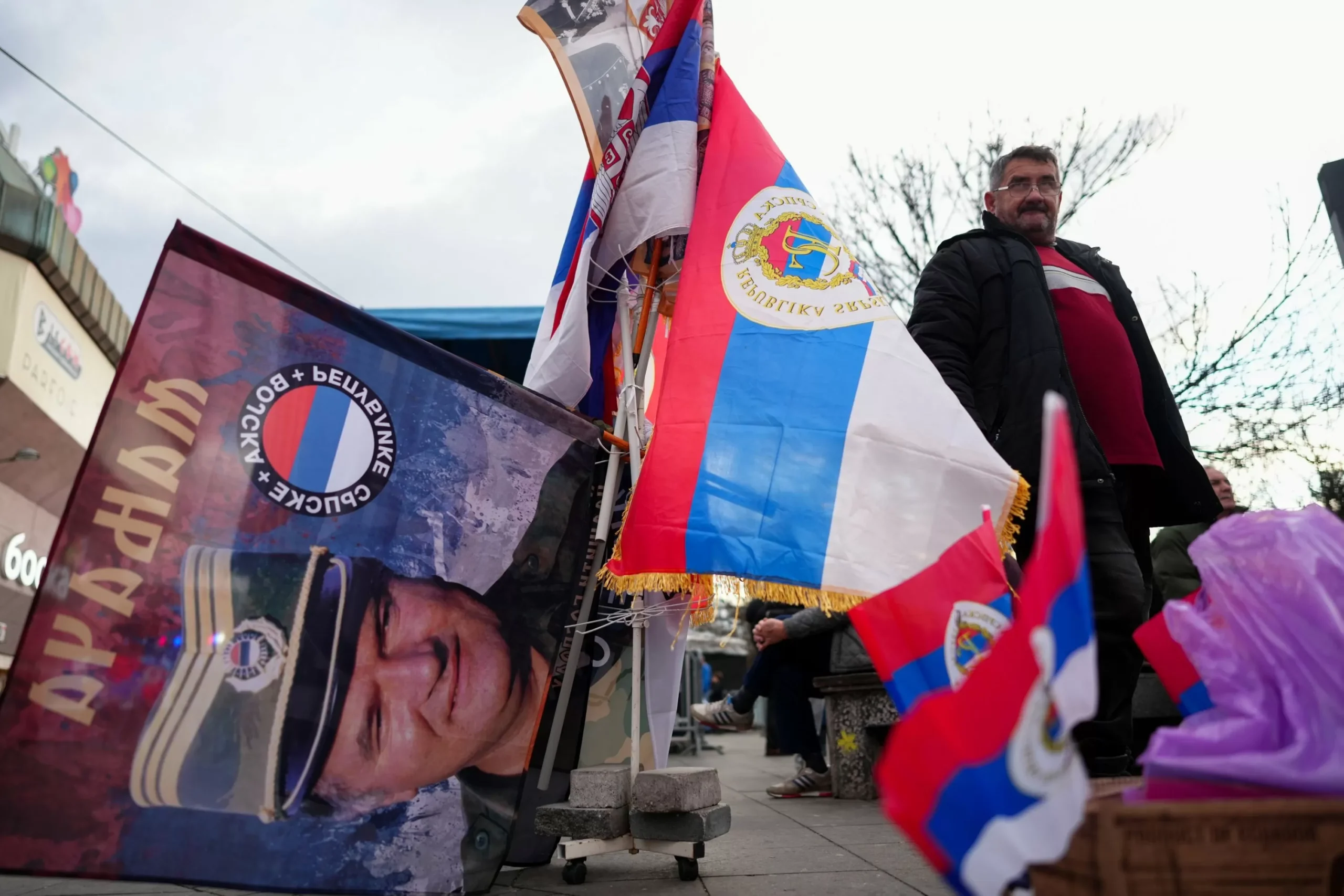Bosnian Serbs Defy Court Ruling to Celebrate ‘National Day’
On Thursday, January 9th, Bosnian Serbs proudly celebrated what they consider to be their ‘national day.’ This day marks the 1992 declaration of the “Serb Republic” in Bosnia, which eventually led to the devastating Bosnian War. However, this year’s celebrations were met with controversy, as the country’s top court had declared the event unconstitutional. Despite this ruling, Bosnian Serb citizens and officials defiantly observed the day with joy and pride.
The Bosnian War, which lasted from 1992 to 1995, saw the breakup of the former country of Yugoslavia and resulted in the deaths of an estimated 100,000 people. The conflict was primarily between the three main ethnic groups in the country: Bosniaks, Croats, and Serbs. January 9th marks the beginning of this tragic period for Bosnia and Herzegovina, and as such, it remains a contentious date in the country’s history.
For the Bosnian Serbs, this day holds a significant meaning as it symbolizes the formation of the “Serb Republic” within the territory of Bosnia. The controversial declaration was made in the town of Banja Luka, where celebrations were held once again this year. Despite the ongoing COVID-19 pandemic and the court’s ruling, thousands of Serbs gathered to commemorate the occasion, waving flags and singing patriotic songs.
Bosnian Serb leader Milorad Dodik, who has been a strong advocate for independence and the recognition of January 9th as the “national day,” addressed the crowd and stated, “This is a great and happy day for all of us. Today we are celebrating the formation of our Serb Republic, the symbol of our unity and courage.” His words resonated with the attendees, who were filled with a sense of national pride and unity.
The court’s ruling to ban the recognition of this day has been met with opposition from many Bosnian Serbs, who believe it is an attack on their identity and history. The court had declared that the celebration of January 9th only serves to deepen the existing ethnic divides in the country and goes against the spirit of unity and reconciliation. However, for many Serbs, this day is a crucial part of their identity and holds deep historical and cultural significance.
Despite the court’s ruling, the celebrations were not met with any significant protests or disturbances. The event was well-organized, and the atmosphere was festive, as people of all ages came together to honor their heritage. This is a testament to the Bosnian Serb community’s resilience and determination to celebrate their national day, regardless of any legal obstacles.
The government in Bosnia and Herzegovina is a complex system that reflects the country’s diverse demographics and history. It comprises a rotating presidency and two entities: the “Serb Republic” and the Federation of Bosnia and Herzegovina, which consists of Bosniaks and Croats. As such, it is a delicate balance of power and requires the cooperation of all ethnic groups. In light of this, the court’s ruling comes at a time when the country is facing political tensions and challenges.
Despite the controversy surrounding the celebrations, many Bosnian Serbs continue to call for the recognition of January 9th as an official national holiday. They argue that acknowledging this day would serve as a step towards reconciliation and unity among the different ethnic groups. It would also be a way to honor the victims of the Bosnian War and promote a shared understanding of the country’s history.
The international community has been closely monitoring the situation in Bosnia and Herzegovina and has expressed concern about the controversial celebrations. However, it is essential to respect the cultural and historical significance of this day for the Bosnian Serbs. As the country moves towards a more harmonious future, it is crucial to embrace and acknowledge the diversity of its people, including the recognition of their national identities.
In conclusion, the celebrations of Bosnian Serbs on January 9th may have been met with controversy, but for them, it is an essential day that symbolizes their history, culture, and identity. Despite the court’s ruling and the ongoing pandemic, the events were carried out peacefully, and the atmosphere was one of unity, pride, and joy. It is a reminder that regardless of our differences, we






![Complete BritRail Pass Guide [Types, How to Use It, Pros + Cons]](https://inside-news.uk/wp-content/uploads/2025/06/00221EB4-BCA2-4DBB-6CD4-83DBC37D71FA-120x86.webp)















